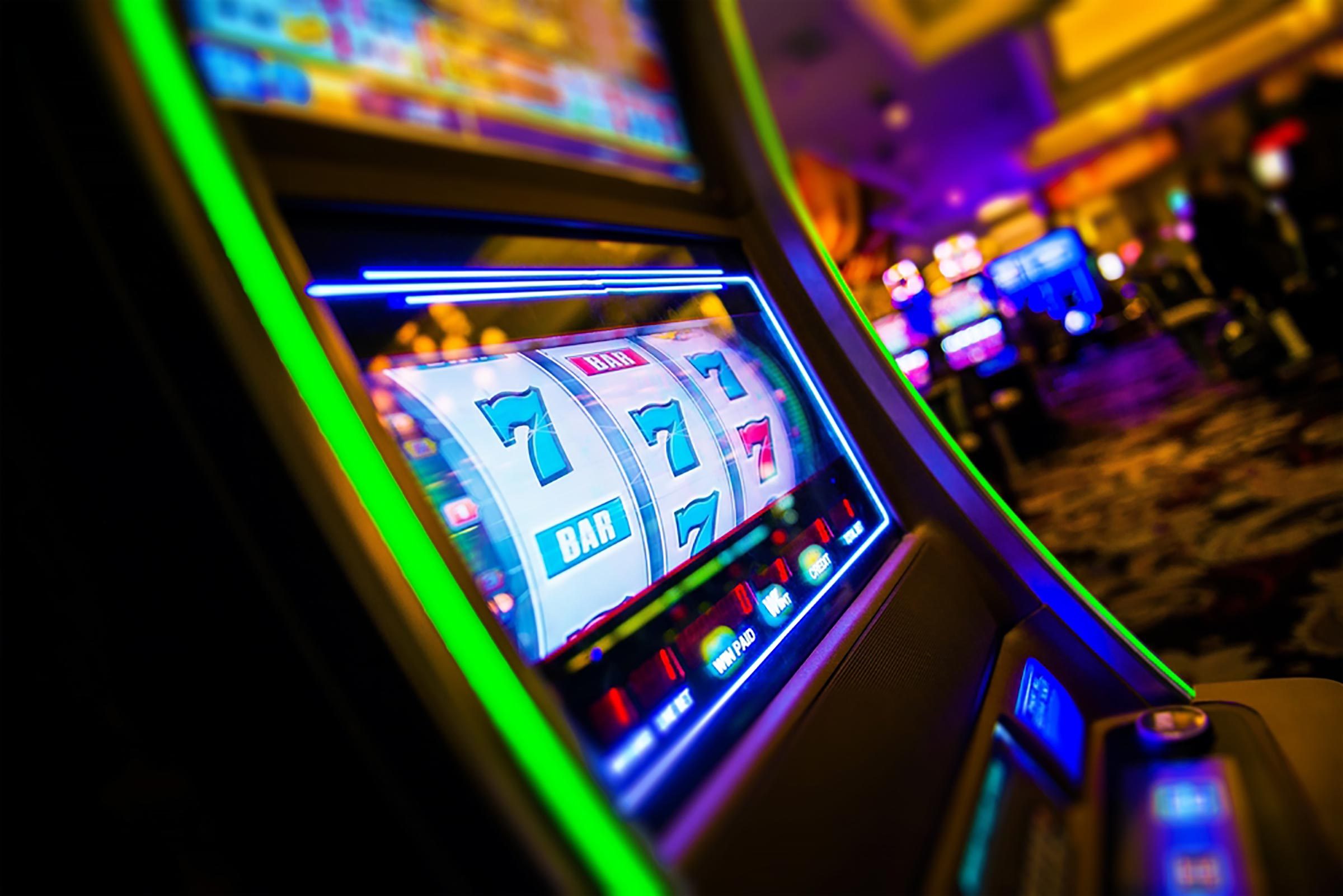
Casino gaming has long been a topic of fascination and controversy, attracting millions of players around the world. With a mix of chance, skill, and the thrill of uncertainty, casino games offer an exhilarating escape from everyday life. However, as entertainment becomes ever more accessible, it invites a more thorough examination of the ethical implications surrounding these games.
At the heart of the discussion lies the question of whether casinos promote safe gambling or take advantage of vulnerable individuals. The allure of potential winnings versus the truth of losses can create a complex dynamic, and understanding this balance is crucial for both players and operators. As we delve into the ethics of casino gaming, we will explore the responsibilities of casinos, the effects on society, and the measures that can be taken to foster a healthier gaming environment.
The Impact of Casino Gaming on Society
Casino gaming has a significant influence on the community, affecting not only the economy but also social behaviors and local frameworks. The funds generated from casinos can lead to employment opportunities and boost regional economies, as they provide numerous employment opportunities in multiple fields including hospitality, leisure activities, and retail. However, while the economic advantages can be significant, communities often struggle with the possible negative impacts that arise from higher gambling activity.
Moreover, the presence of casinos can lead to an increase in gambling addiction, presenting serious challenges for individuals and families. The thrill of casino games can quickly transform into a habitual habit, affecting connections with others and leading to monetary issues. Many individuals may find it difficult with the loss of control over their gambling habits, resulting in a need for community support services and help to address this growing issue. The social cost of addiction can ripple through families and neighborhoods, creating an urgent need for responsible gaming initiatives.
In addition to the economic and social ramifications, casino gaming often showcases cultural attitudes towards uncertainty and leisure. It can encourage a sense of joy and leisure, attracting visitors and boosting local travel. No hu doi thuong However, this allure may also conceal the broader implications of gambling as a method of entertainment, provoking ethical questions about its promotion and availability. As communities weigh the benefits and drawbacks of casino gaming, the need for responsible practices and oversight becomes increasingly critical in ensuring that the positive aspects are maximized while reducing the negative effects.
Moral Concerns in Gambling Practices
The ethics of gambling gaming often center around the risk for dependency and its consequences on people and families. Betting can lead to significant financial distress, impacting not only the gamblers but also their loved ones. As individuals become entrapped in the appeal of winning, many lose sight of their budget, which can result in catastrophic outcomes such as insolvency. This raises ethical questions about the duty of casinos in promoting responsible gambling practices and offering support for those who may be dealing with gambling addiction.
Another major issue is the promotion of gambling to vulnerable groups. Gambling establishments often target low-income people or neighborhoods with the promise of fast rewards, which can continue patterns of financial struggle and despair. In this context, the morality of marketing strategies used by gambling establishments come under examination, as they may take advantage of the need of people seeking an way out from economic troubles. This exploitation raises moral questions about the integrity of the gambling industry and its responsibility to protect its most vulnerable patrons.
Additionally, the impact of gambling gaming on the community as a entirety cannot be ignored. While some argue that casinos create employment and stimulate local economies, others point to the community costs associated with dysfunctional betting, increased crime rates, and a strain on public services. Balancing economic benefits with the potential for community issues presents a challenging moral dilemma for lawmakers and casino operators alike. The difficulty lies in finding a ethical approach that takes into account the well-being of people and communities while still permitting for the enjoyment of gambling activities.
Regulatory Framework and Obligations
The regulatory system surrounding casino activities is developed to ensure justice, trustworthiness, and participant protection. Multiple government agencies and gaming commissions create and implement regulations that dictate how casino games function, the standards for product design, and the procedures for managing rewards. These regulations differ by region but typically involve permit requirements for businesses and stringent measures to prevent deception and scams.
In furthermore to oversight bodies, gaming operators bear major duty in preserving moral standards within their establishments. They must adopt responsible gaming practices that support gambler protection and consciousness, including presenting self-exclusion options and providing information about the hazards associated with betting. Casinos are also responsible for training employees to identify signs of difficult gaming and know the appropriate steps to help customers in distress.
Additionally, transparency in casino operations is vital for building and preserving public trust. Operators should offer clear information about the odds of games, advertising offers, and any connected dangers. By creating an culture of transparency and trust, casinos can help mitigate the potential negative impact of gaming while boosting the general betting experience for all participants.